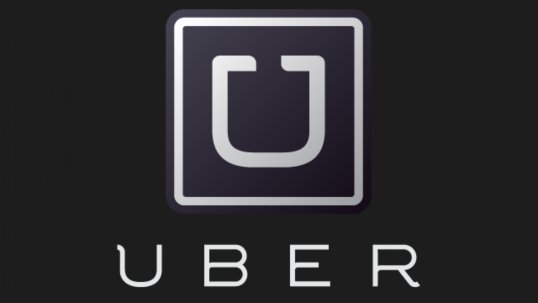Uber won its legal battle to continue operating in London on Monday, as a judge removed a ban on the ride-hailing company by the city’s transport regulator and granted it a new 18-month license.
Last year, Transport for London (TfL) stripped Uber of its license for a second time — it first refused to renew Uber’s London license in 2017 — over a “pattern of failures” that had put passengers at risk.
The watchdog said a glitch in Uber’s systems permitted unauthorized drivers to upload their images to other driver accounts and fraudulently pick up passengers in at least 14,000 journeys.
Handing down his decision at the Westminster Magistrates’ Court on Monday, Judge Tan Ikram said he had “sufficient confidence” that the company “no longer poses a risk to public safety.”
“Despite their historical failings, I find (Uber), now, to be a fit and proper person to hold a London PHV (private hire vehicle) operator’s licence,” Ikram said in his judgment.
Uber’s new London license is of 18 months and comes with several conditions agreed by both Uber and TfL. Uber shares jumped 6% in premarket trading after the decision but later settled to trade 3% higher.
“This decision is a recognition of Uber’s commitment to safety and we will continue to work constructively with TfL,” said Jamie Heywood, regional general manager of Uber for Northern and Eastern Europe. “There is nothing more important than the safety of the people who use the Uber app as we work together to keep London moving.”
The company had attempted to allay the regulator’s passenger safety concerns, introducing a new system in April to confirm drivers’ identities through a mix of facial recognition and human reviewers. Despite losing its license, it was still able to run in London as it appealed against the prohibition.
London is the company’s largest market not only in the UK but also in Europe. The company has racked up around 3.5 million users and 45,000 drivers in the city since it launched there in 2012. Uber is the city’s top ride-hailing player but deals with heavy competition from several new operators including India’s Ola, Estonia’s Bolt, and Germany’s Free Now.


